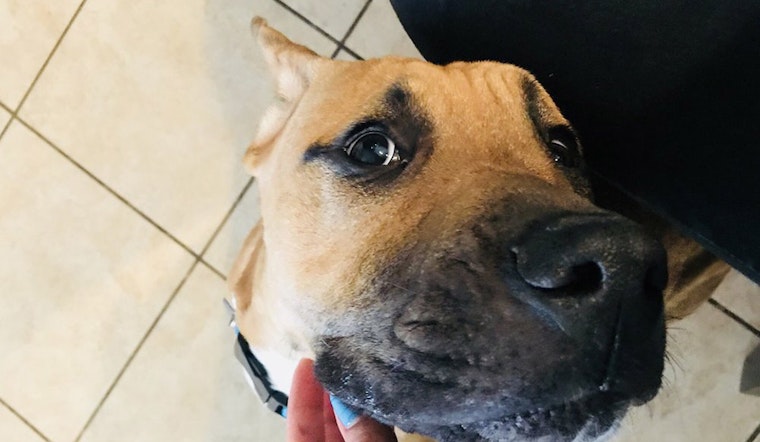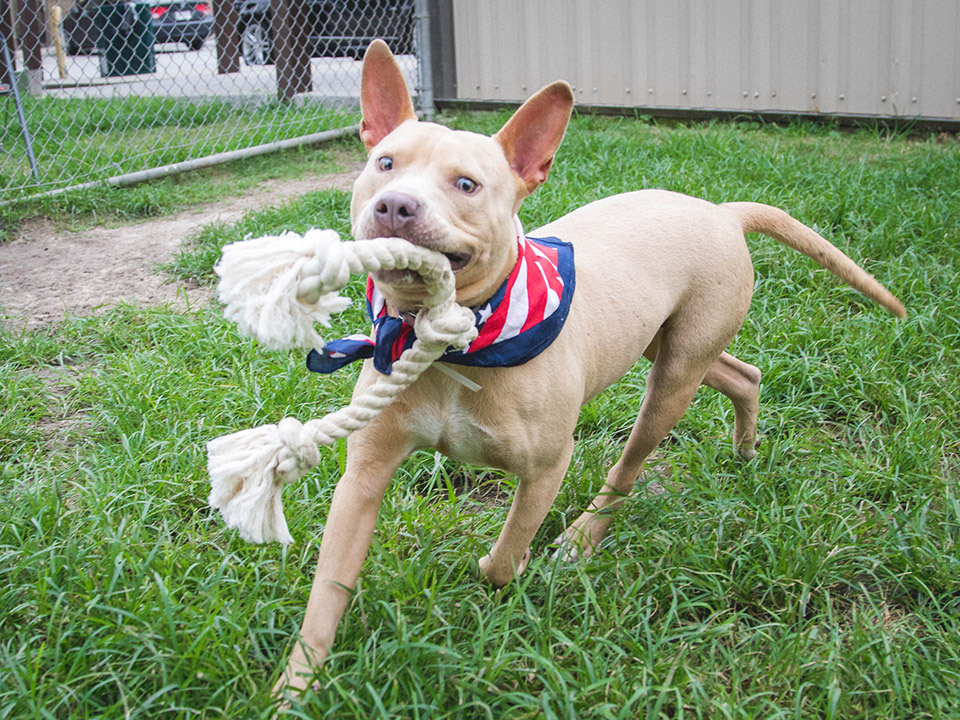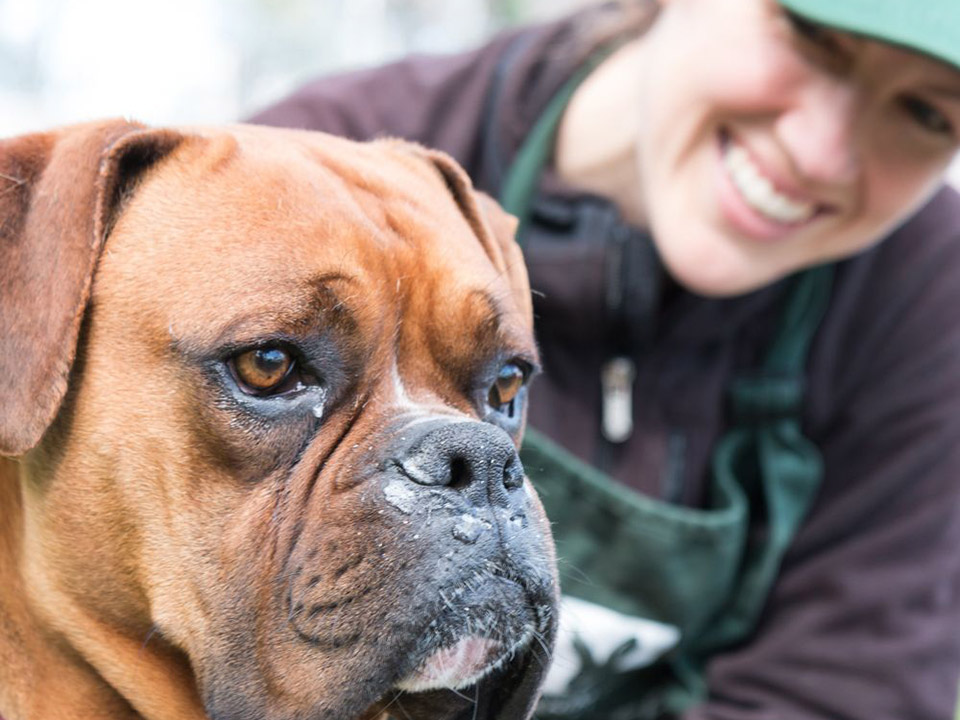
Every year, about 6.5 million companion animals end up in animal shelters nationwide, and estimates suggest that 3.3 million of them are dogs.
Chihuahuas, multiple breeds often summarized as pit bulls, German shepherds, dachshunds, or Labrador retrievers are among those that populate shelters across the U.S. most frequently.
According to a study conducted by the ASPCA, 27 percent of dog adopters believe that the way a dog looks is the most important factor in whether they want to adopt. Both how a dog behaves when it meets its potential adopter and a dog’s playfulness also influence adoption interest.
If a dog is shy, hides in a corner of its kennel, buries under blankets or is simply old and has lumps and bumps, it is more likely to be overlooked in favor of cuter and more outgoing pups.

The reputation of some breeds plays a role in adoption rates, so instead of solely looking at a dog's breed, it's important to judge them on an individual basis. One reason to withhold judgement? Shelters often don’t get the dog breed exactly right, and when there is no history of the dog available, shelter employees have to offer their best guess.
American staffordshire terriers, American pit bull terriers and American bulldogs are part of what's commonly known as the pit bull family. Adopters should consider giving them a forever home, they are loving companion animals despite their negative reputation.
Chihuahuas are recognized for their huge personality, but they are also compact dogs that gained popularity because some pet guardians like to carry them around in purses. Dachshunds might be known for their stubbornness, but they are also loyal and smart family members.
Other large breeds, such as German shepherds and Labrador retrievers, often need more exercise than other breeds. Therefore, a future pet parent should think about their own lifestyle first, and then decide which dog will fit in their household best in order to increase adoption success.

Read on for three specific ways you can support hard-to-adopt dogs in finding their forever home.
Volunteer at your local shelter
Animal shelters across the U.S. depend on volunteers to support them with different duties. An easy way to get started is to look up volunteer opportunities in a local public shelter, or with nearby private rescue groups.
Socialization of dogs in shelters, with both humans and other canines, as well as frequent enrichment activities are crucial factors to make shelter residents more adoptable. Animal welfare organizations depend on volunteer support to be able to offer such activities.

Foster a stressed or injured dog
Shelters also offer foster programs, which can be a unique way to get dogs out of a stressful environment. Studies have shown that stays with a foster family can lower levels of a dog’s cortisol, a hormone that serves as a measure of stress.
But there are also other reasons why fostering saves lives. According to the Arizona Humane Society, it can be an amazing way to give second chances to animals who need time away from the shelter to heal from injury or illness.
Some rescues, like the Minnesota based Secondhand Hounds, even offer hospice programs to give terminally ill dogs a chance to spend their final days in a home.
Adopt a long-term shelter resident or senior
The next time you go to a shelter to adopt a dog, ask to see the ones who have been there the longest. Most likely, staff members and volunteers will be very happy to introduce you to the pets who really need a home, and may be passed over by more superficial potential adopters.
Take the time to look through available dogs online using platforms such as Petfinder, which allows future adopters to discover dogs that would get little to no exposure otherwise.
And check out Susie’s Senior Dogs, which posts adoptable senior dogs from across the country, or adopt directly from a senior dog rescue like Muttville, which is based in California.









